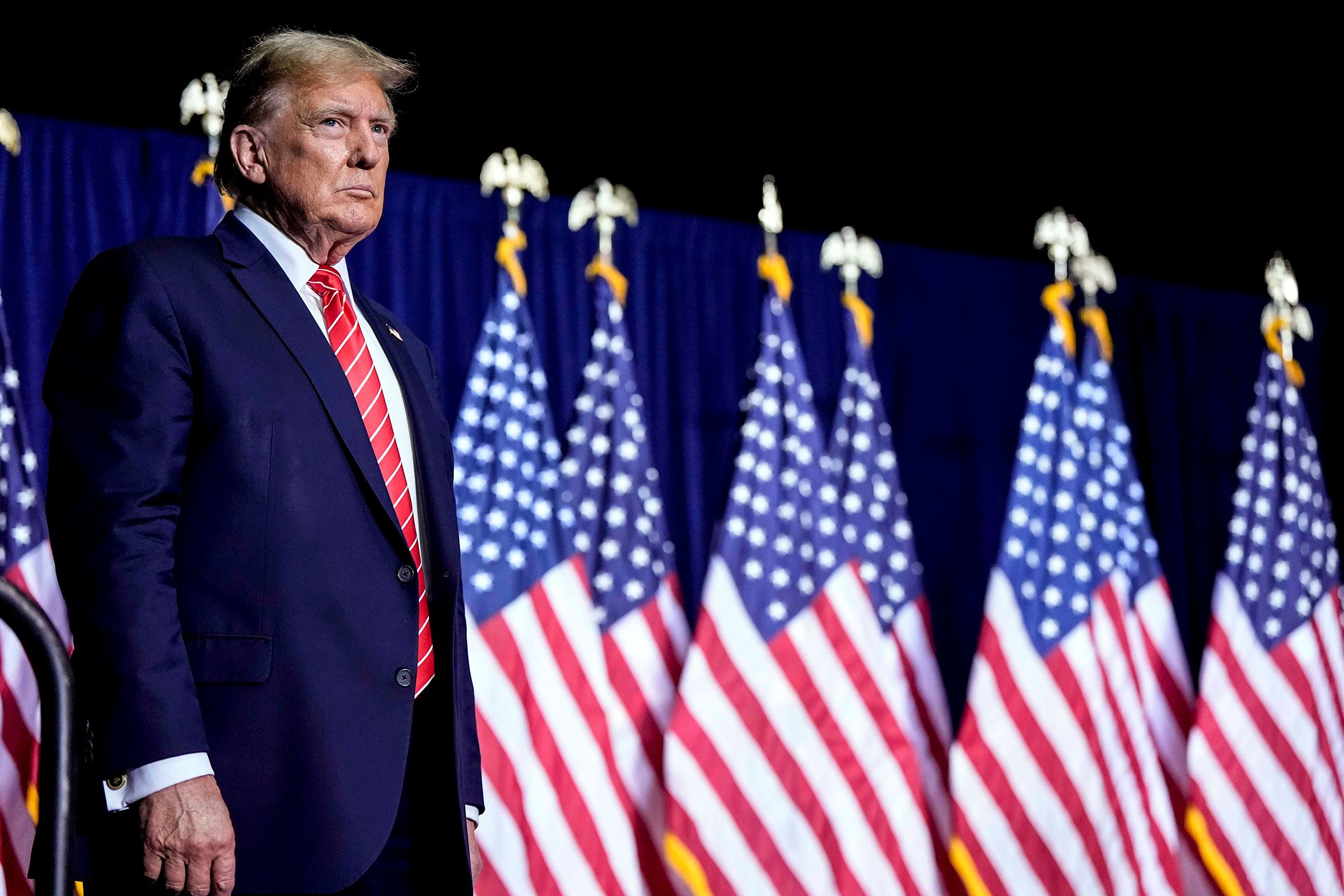Former President Donald Trump appears to be successfully employing a delay strategy in his four ongoing criminal trials. Trump, who has often criticized the legal system as corrupt, is using the constitutional protections it offers to postpone his day in court until after the November election.
Trump’s legal team is known for their exhaustive use of every possible appeal avenue, often employing creative legal strategies that, while time-consuming, serve to delay accountability. This approach will be on full display on Thursday when Trump’s lawyers challenge the legality of special counsel Jack Smith’s case against him regarding the hoarding of classified documents at his Florida resort.
Trump’s defense is based on several arguments, including his claim of entitlement to take classified documents to his residence, allegations of selective prosecution, and a sweeping claim of presidential immunity. Judge Aileen Cannon, a Trump-appointed judge, is currently considering these motions and the possibility of postponing the trial’s late May start date.
Smith, expressing frustration in his recent legal filings, has asked Cannon to dismiss what he calls the former president’s “frivolous” arguments. Critics have also voiced their dissatisfaction with Cannon’s slow pace in conducting pre-trial business.
In a separate legal matter, Trump recently scored a victory in the election interference case in Georgia. The judge dismissed six charges in the 41-count indictment related to Trump and some co-defendants, reducing the total number of criminal charges Trump faces across four cases to 88.
Trump’s strategy of delay is also evident in his federal election trial. His extensive use of appeals has already consumed many weeks, and the Supreme Court’s decision to hear his claims of presidential immunity threatens to further delay the trial.
Trump’s motivation for delaying the trials appears to be twofold: to postpone his days of judgment and to potentially delay jury verdicts until after the general election. If he wins in November, Trump could potentially use executive powers to halt the two federal cases against him or overturn any convictions.
While Trump’s legal maneuvers have frustrated many, others argue that he is merely taking advantage of the same legal channels available to any American. Maryland Democratic Rep. Jamie Raskin emphasized the importance of sticking to constitutional principles, even in the face of such tactics.
Despite his success in delaying the criminal cases, Trump has recently suffered significant losses in the civil legal system. He currently owes half a billion dollars due to two recent court losses – a civil fraud trial related to the Trump Organization and a defamation case brought by writer E. Jean Carroll.
As the criminal cases against him slowly progress, Trump could face a bleak future if he loses November’s election and the trials eventually go against him.

